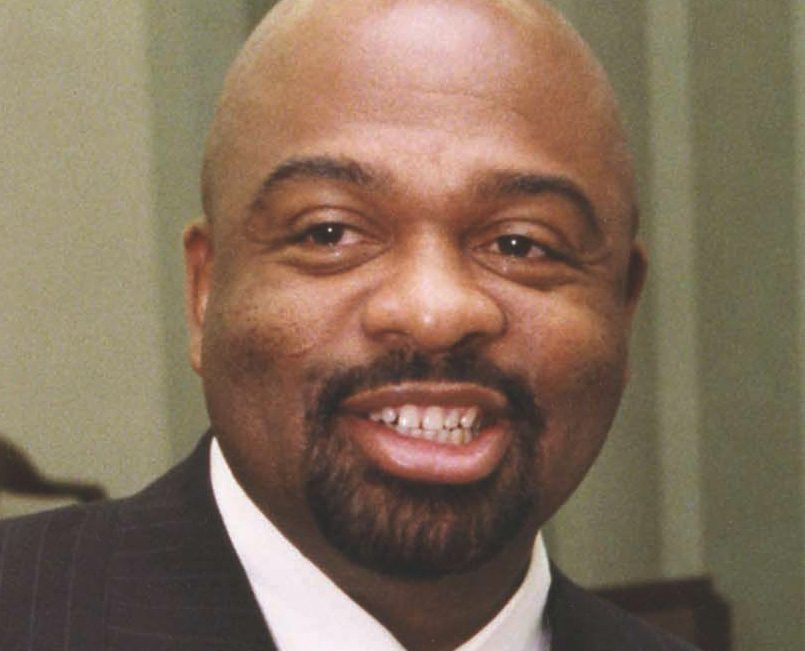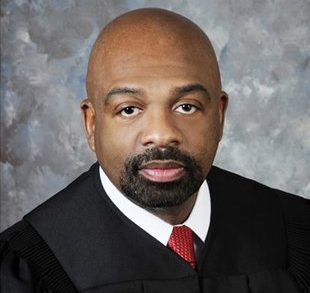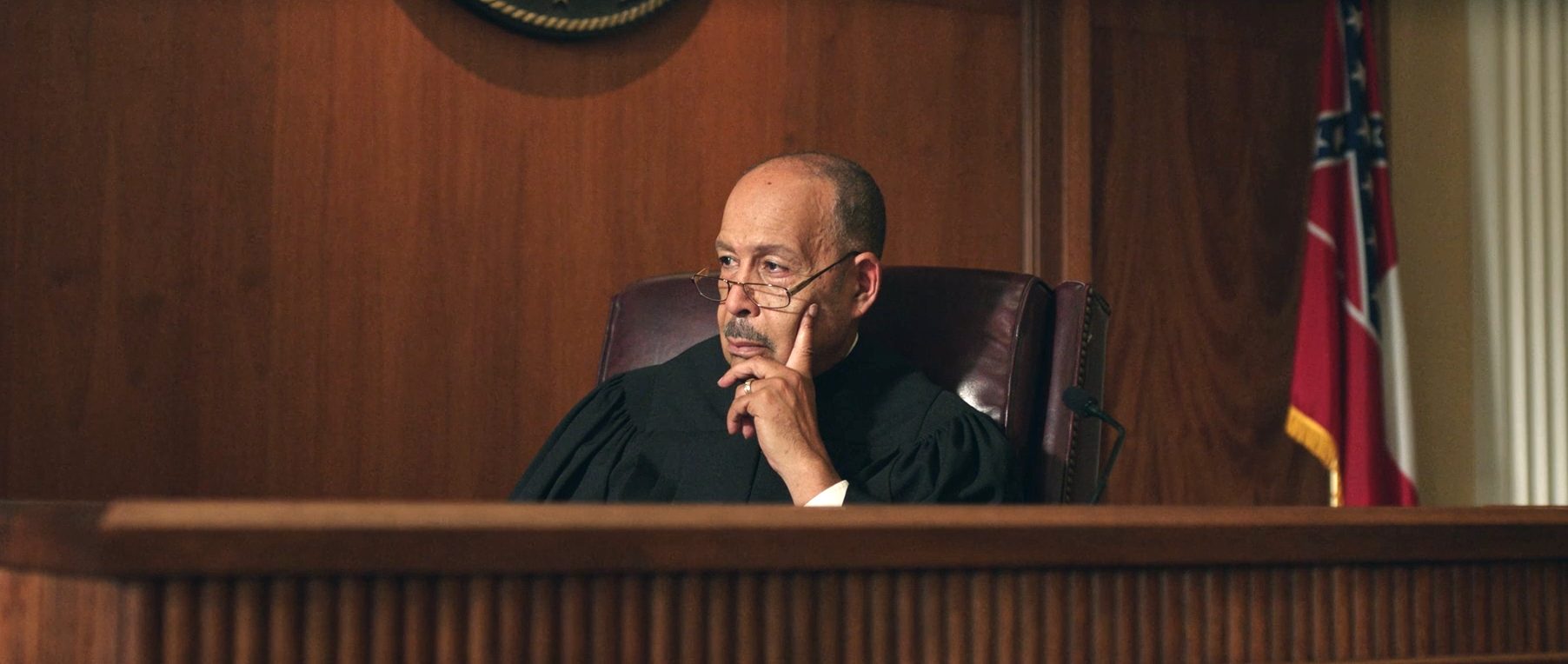In Amazon Prime Video’s biographical film ‘The Burial,’ James E. Graves Jr. serves as the presiding judge when Jeremiah O’Keefe files a lawsuit against the Loewen Group’s Ray Loewen. In reality, Graves is the judge who signed the formal entry of judgment after the conclusion of the case, awarding $500 million to O’Keefe. The case is only one of the significant ones Graves presided over in his long and illustrious career. If the film has made you curious about his life, including his current whereabouts, here’s everything you need to know about him!
Graves’ Early Career

James E. Graves Jr. was born and brought up in the city of Clinton, Mississippi. After graduating from Millsaps College, with a BA degree in Sociology, he worked at the Mississippi Department of Public Welfare. After almost two years since joining the department, Graves joined Syracuse University College of Law and received his Juris Doctor in 1980. His legal career began with his appointment as a staff attorney at Central Mississippi Legal Services in 1980. In 1991, Graves became a circuit court judge of Hinds County, where Jeremiah O’Keefe’s case was tried.
The O’Keefe v. the Loewen Group Trial
Graves was not particularly impressed with Mike Allred, one of the lawyers who tried the case for O’Keefe. Allred, according to Jonathan Harr’s The New Yorker article ‘The Burial,’ was a man who was known to “harbor racist attitudes.” “When Allred stood before the bench to address him in pretrial proceedings, the Judge’s brow would knit, his eyes would narrow, and his comments would grow more caustic the longer Allred talked,” Harr wrote. In his view, the defense lawyers were nothing but clueless. “The defense team never had any idea how out of touch they were with what was going on,” Graves told Harr for the same article.
Personally, Graves thought that the jury awarded a larger sum to O’Keefe but he didn’t want the same to get reduced either. “He [Graves] later remarked that he believed the verdict for O’Keefe had been a proper one, although he intimated that he would have awarded a much lesser sum if the case had been tried to the bench. He declined nonetheless to reduce it. That, he believed, was the province of the Mississippi Supreme Court,” reads Harr’s article.
The Remarkable Appointments
A few years after the O’Keefe case, in 2001, Graves was appointed to the Mississippi Supreme Court. He won an election to remain in the same in 2004, only to become the only African-American judge at the court at the time. In 2010, nearly ten years after the Mississippi Supreme Court appointment, then-President Barack Obama nominated him to be a circuit judge of the United States Court of Appeals for the Fifth Circuit. When the Senate failed to act on the nomination, Obama renominated Graves and the judge was appointed in February 2011, making him the third African-American judge on the Fifth Circuit.

Currently, Graves continues to serve as a judge of the United States Court of Appeals for the Fifth Circuit. In 2022, he dissented in a ruling that upheld a Mississippi law that disenfranchised an enormous number of criminals after calling out the law’s racist history. Some of the notable cases he presided over as a circuit judge include Dolgencorp, Inc. v. Mississippi Band of Choctaw Indians (2014), Inclusive Communities Project, Inc. v. Texas Department of Housing and Community Affairs (2014), Lefebure v. D’Aquilla (2021), etc. In 2015, Graves became an elected member of The American Law Institute.
Graves is based in Jackson, Mississippi. He is married to Dr. Bettye Ramsey Graves, an assistant vice president at Jackson State University. They have three children as well. In addition to his service as a judge, Graves was a jurist-in-residence at Syracuse University School of Law through 2021. He served as an adjunct professor at several educational institutions, including his alma mater Millsaps College.


